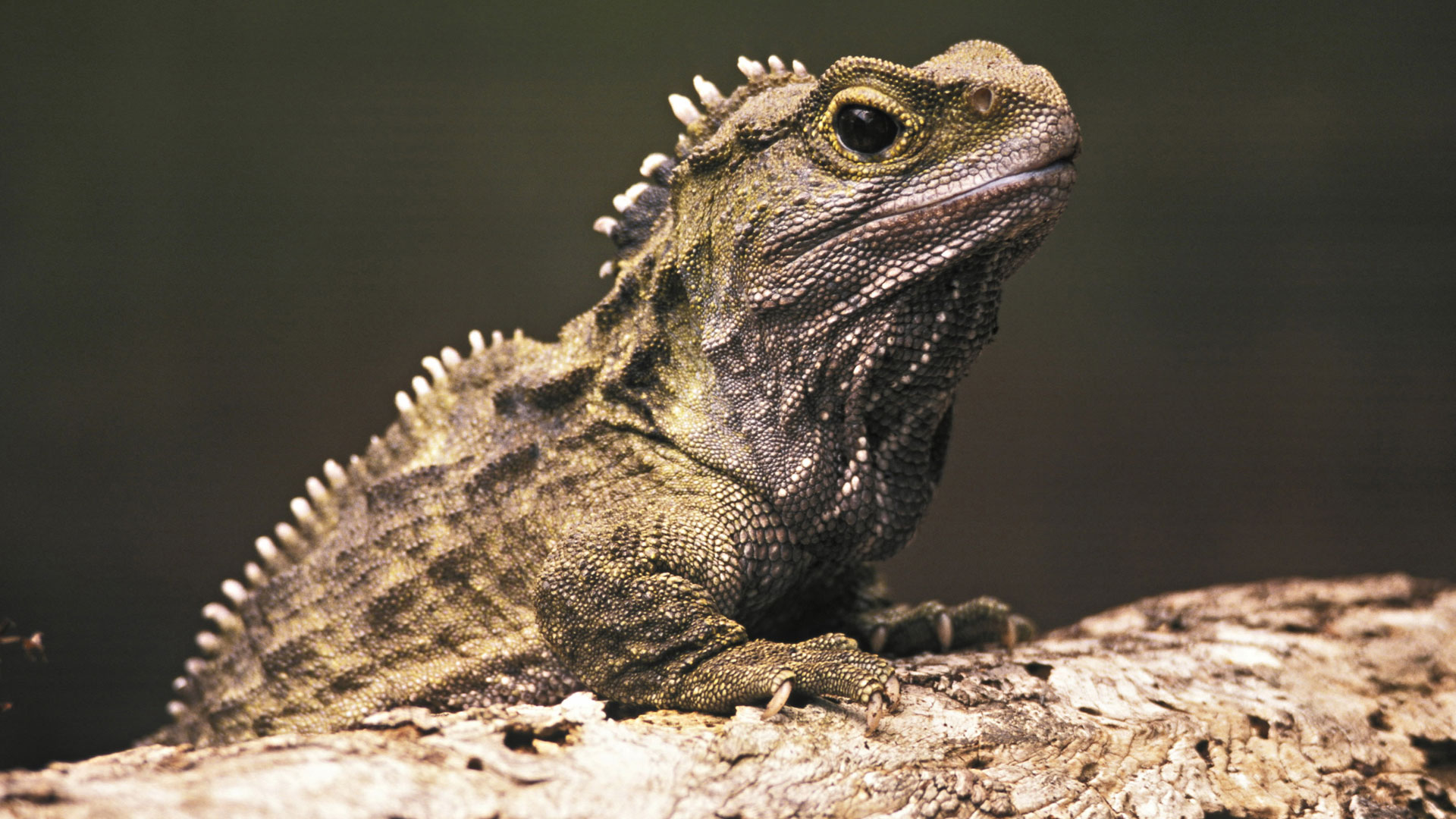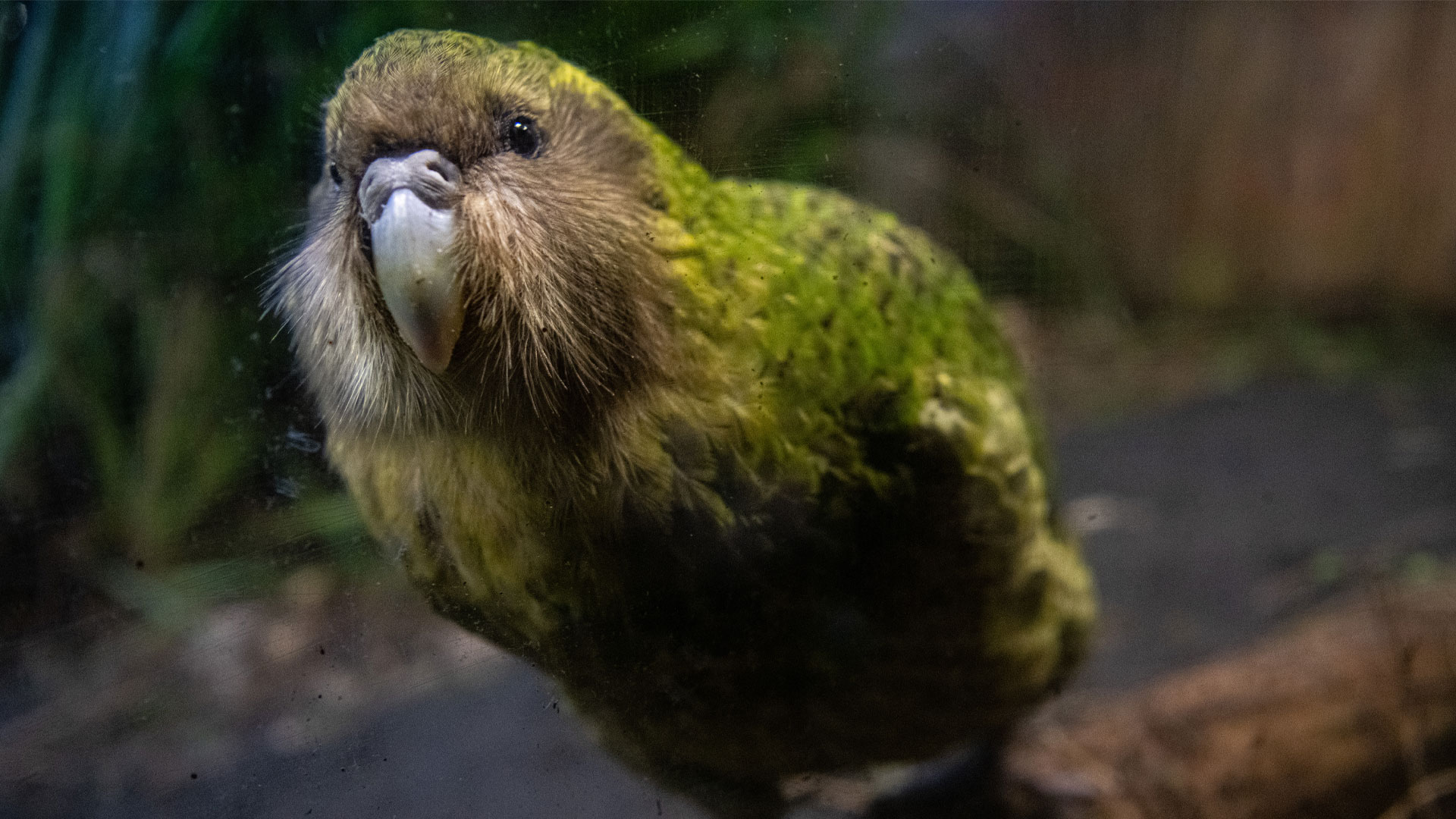Careers advice
What are the options for DOC jobs?
DOC has won employer of the year multiple times, so what are you waiting for?
Last updated: 23 August 2023
The Department of Conservation (DOC)/Te Papa Atawhai is one of Aotearoa New Zealand’s favourite employers. In fact, the organisation always finishes among the country’s top employers in the annual awards, and has won the accolade a number of times in recent years.
But what kinds of jobs are there at DOC? We’ve all bumped into rangers out and about on walks and at DOC campsites, but DOC rangers do lots of other things and there are a whole heap of other roles within the organisation. Here, we’ll dig into the options for jobs with DOC so you can see for yourself how broad an organisation it is.
What are the different options for jobs with DOC?
1. DOC rangers
We’ll start with the DOC job that most people are familiar with – DOC rangers. There are actually a very wide array of roles that fall under the umbrella of DOC ranger.
Perhaps the best summary of what a DOC ranger does is how DOC itself describes the role: doing “crucial mahi to look after our precious native species, the natural environment, and our public facilities.”
As you can imagine, there’s a lot of work that goes into this objective, so let’s have a closer look at some of the common ranger roles:
- Community ranger: one of the key responsibilities of working as a community ranger is engaging with local stakeholders: mana whenua, charities and community groups to further the department’s objectives. This means you’ll need to have good interpersonal skills, knowledge of Te Ao Māori and some Te Reo Māori and great organisational skills.
- Visitor and heritage ranger: among the general public, one of the best-known things about DOC are its campsites and trails (think Great Walks, for instance). Well these facilities don’t keep themselves safe, clean and visitor-friendly, and this is where visitor and heritage rangers come in. If you want to spend heaps of time outdoors, have a decent level of physical fitness and good problem solving skills, visitor and heritage rangers could be the path for you.
- Biodiversity ranger: Aotearoa New Zealand is home to heaps of unique animals, many of which are at risk or endangered. Biodiversity rangers play a crucial role in implementing conservation and management plans to offer more protections to our taonga (treasured) animals and plants. Where you do this in the country will have a bearing on which species these are specifically, but if a conservation job is what you’re interested in, you could do a lot worse than this.
- Marine reserve rangers: there are fewer of these roles going, but they’re still super important. Marine reserve rangers put in vital mahi monitoring and safeguarding protected marine areas that are crucial for the survival of many amazing marine wildlife species.
- Seasonal rangers: seasonal roles are common with DOC. This can be anything from staffing huts on the Great Walks to working with amazing species like hoiho (yellow-eyed penguins). So, if you’re just looking for a short stint with DOC between other work or study commitments, there are options for you as well.
DOC jobs give you the chance with some of Aotearoa New Zealand's precious and endangered species.
2. Technical advisors
Much of what DOC does involves translating scientific research into on-the-ground conservation and management plans. Technical advisors are a key cog in this machine. These roles are usually highly specialised – for example, you might find DOC roles on Trade Me Jobs like “Technical Advisor - Flora”, where the employee would need to have a background in plant ecology and botany, which they can then use to design and implement strategies to protect plants, or remove pest species, in a certain region.
You’ll find a whole range of technical advisor roles with DOC, ranging from freshwater management to endangered species protection.
3. Policy roles
While we might not think this when we bump into a friendly DOC ranger on the Abel Tasman walk, DOC is ultimately a government department, and what it does is informed by relevant legislation.
Of course, this legislation needs reviewing, updating, scrapping or adding to. So, there are a whole bunch of DOC jobs dedicated to forming and framing policies. Tied to this, there are also a bunch of legal roles that make all of this possible. So, if you want to make a contribution to DOC’s mission, but don’t think your skillset is suited to an outdoor job, then working in a policy capacity is another option.
There are plenty of policy roles available with DOC.
4. Support roles
Like any organisation, DOC relies on a bunch of people behind the scenes who keep the wheels turning. As the organisation is split up into a whole bunch of units around the country, as well as the major hub in Wellington, there are lots of these types of roles on offer. For example, you might come across roles such as Regional Business Support Officer, where you’d lean heavily on your administrative skill set, as well as your ability to communicate and ability to think on your feet. Similarly, if you’ve got a background in IT, DOC has dedicated IT specialists , both to support other employees, and to facilitate functionality such as the booking system for the Great Walks.
Author
Other articles you might like



